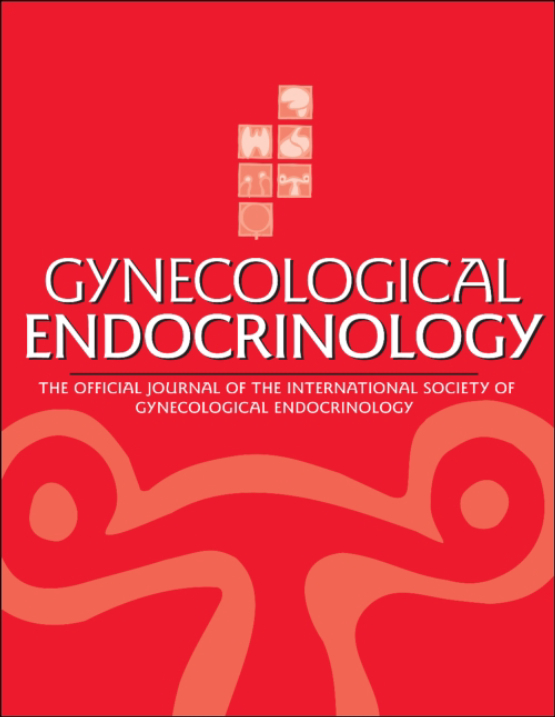Submit a Manuscript to the Journal
Gynecological Endocrinology
For an Article Collection on
Emergence and Predisposition to Mood Disturbance with the Use of Hormonal Contraceptives During the Female Lifespan
Manuscript deadline
05 May 2024

Article collection guest advisor(s)
Dr. Lauren Schiff,
University of North Carolina at Chapel Hill
[email protected]
Emergence and Predisposition to Mood Disturbance with the Use of Hormonal Contraceptives During the Female Lifespan
Amongst non-pregnant women ages 15-44, birth control pills are the most commonly used prescription medication. It has been well documented that there is a relationship between use of extrinsic hormones and mood variability. However, there remains many unanswered questions that address how to predict the impacts of those medications on individuals based on epidemiologic data, prior response to these medication classes, and individual predisposing factors.
This collection seeks to expound upon a number of areas of research including the emergence of and predisposition to mood disturbance with use of hormonal contraceptives including predictive factors, presentations, and treatment recommendations in women with hormone sensitive mood disorder. It will also consider research on the management of mood stabilization including in premenstrual dysphoric disorder.
This Collection welcomes research articles, reviews, systematic reviews/meta-analyses, editorials, case reports, or position statements focusing on the following topics:
- Types of hormonal contraception and their impacts on mood including:
- Those with no personal history of mood disturbance
- Those with a personal history
- Those with a family history of mood disorders.
- In depth reviews or research on progesterone types and delivery methods on mood.
- Contraceptive recommendations for patients with hormone sensitive mood disorders including phenotype specific recommendations.
- Hormonal management of mood stabilization
- PMDD treatment recommendations including understanding the neurohormonal mechanism of PMDD.
Dr. Lauren Schiff is a fellowship trained Minimally Invasive Gynecologic Surgeon and Associate Professor at the University of North Carolina at Chapel Hill. She currently serves as the Associate CMO of Quality and Safety for UNC Medical Center. In addition to her administrative role, she is actively engaged in patient care and teaching as a clinician and surgeon. She is dedicated to caring for women with fibroids, endometriosis, complex benign gynecologic surgical conditions, hormonally induced gynecologic conditions, and pelvic pain disorders.
Dr. Schiff has no conflicts of interest to disclose regarding this work.
Benefits of publishing open access within Taylor & Francis
Global marketing and publicity, ensuring your research reaches the people you want it to.
Article Collections bring together the latest research on hot topics from influential researchers across the globe.
Rigorous peer review for every open access article.
Rapid online publication allowing you to share your work quickly.
Looking to Publish your Research?
Find out how to publish your research open access with Taylor & Francis Group.
Choose open accessSubmission Instructions
All manuscripts submitted to this Article Collection will undergo desk assessment and peer-review as part of our standard editorial process. Guest Advisors for this collection will not be involved in peer-reviewing manuscripts unless they are an existing member of the Editorial Board. Please review the journal Aims and Scope and author submission instructions prior to submitting a manuscript.